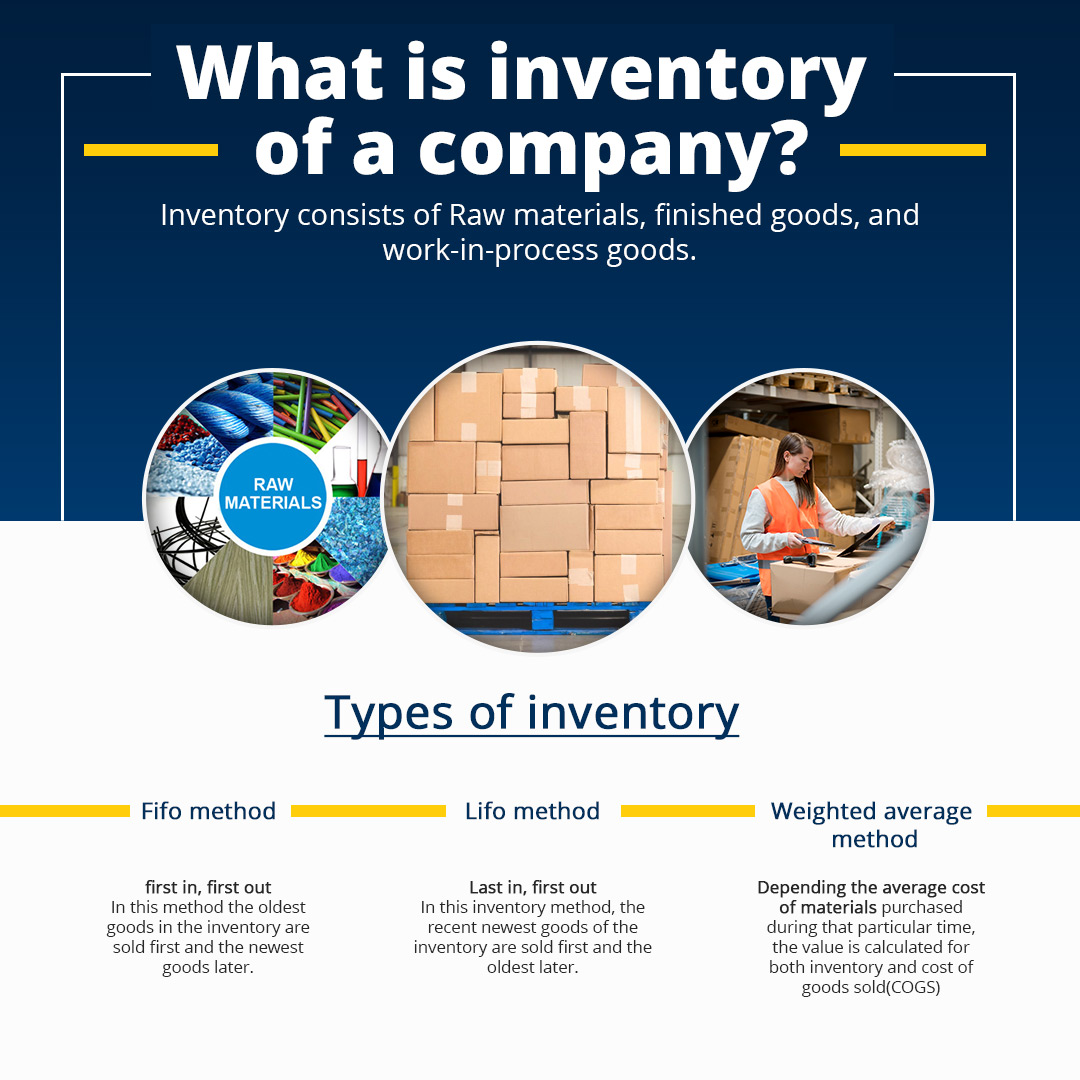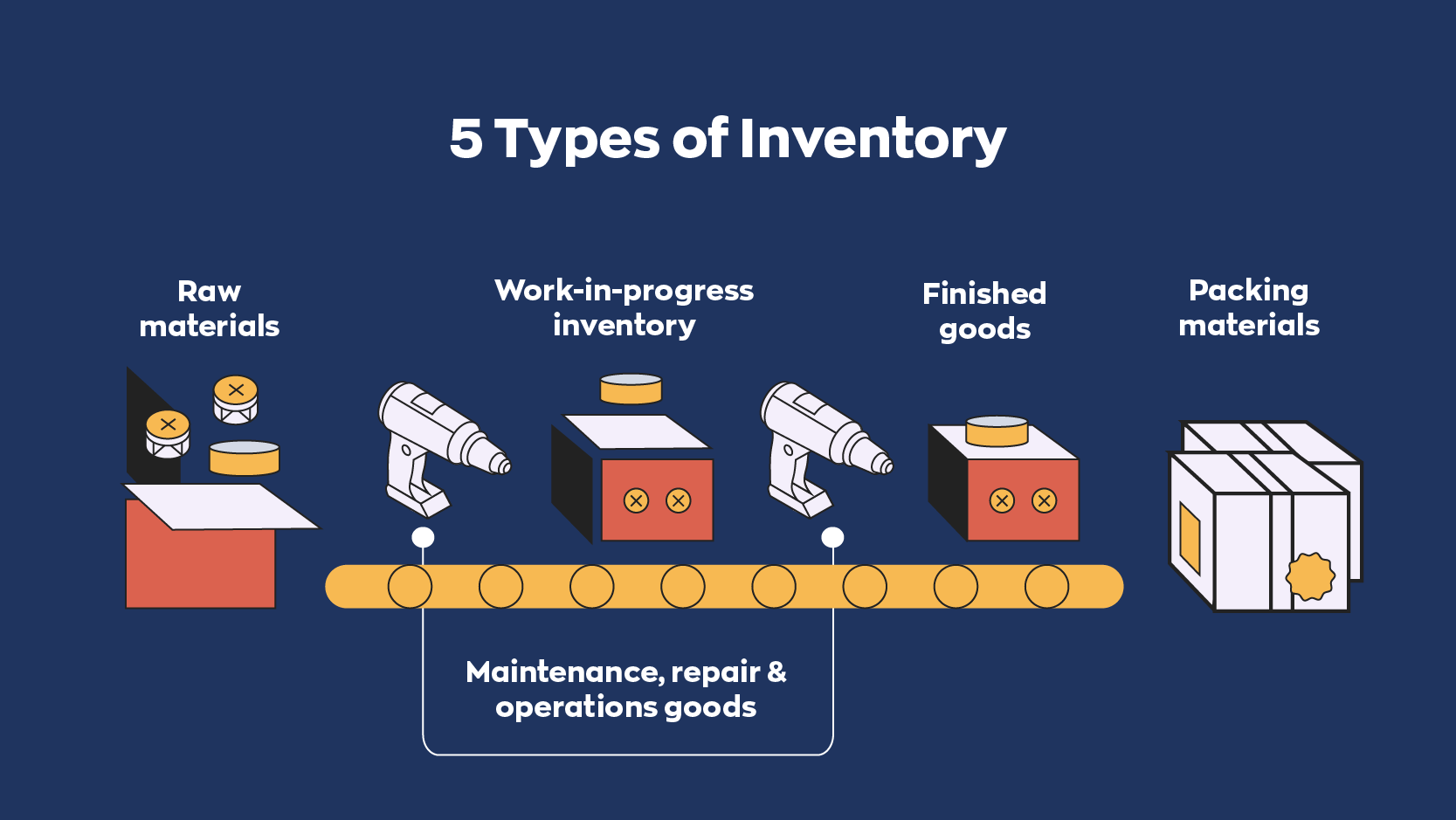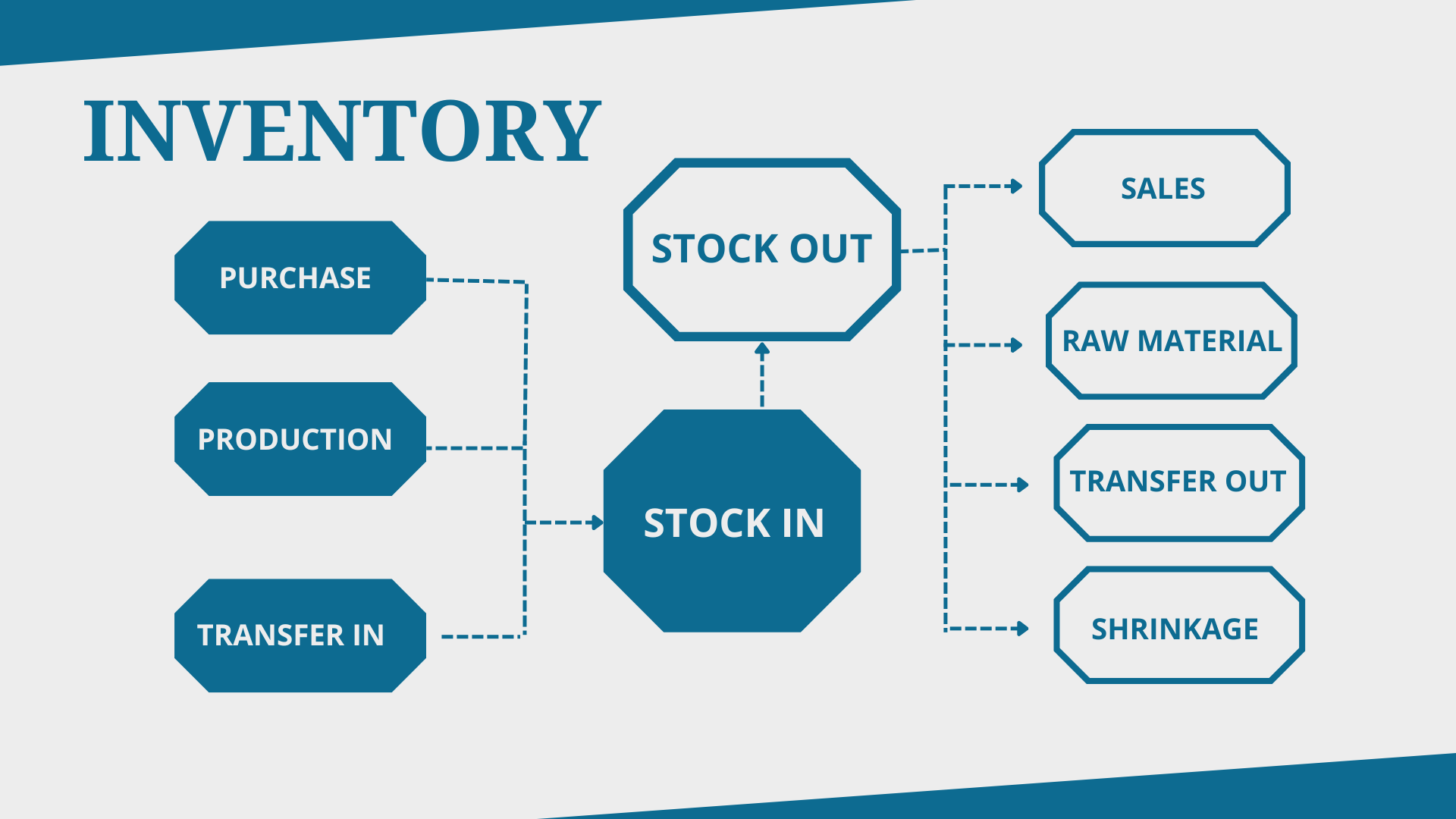Delving into the realm of business inventory definition, we embark on a journey to unravel the intricacies of managing your stock effectively. Understanding the concept of inventory is paramount for businesses of all sizes, as it plays a pivotal role in optimizing operations and ensuring profitability.
Inventory, the lifeblood of any business, encompasses the raw materials, work-in-progress, and finished goods that are essential for meeting customer demand. From retail stores to manufacturing plants, businesses rely on inventory to fulfill orders, maintain production schedules, and respond to market fluctuations.
Business Inventory Definition

Inventory refers to the goods and materials that a business holds for the purpose of sale, production, or use in the ordinary course of business. These items are considered assets of the business and are typically classified into three main categories: raw materials, work-in-progress, and finished goods.
Types of Business Inventory
- Raw materials:These are the basic materials used in the production of finished goods. Examples include cotton for a clothing manufacturer, lumber for a furniture maker, or flour for a bakery.
- Work-in-progress:These are partially completed goods that are still in the production process. Examples include a car being assembled on an assembly line or a dress being sewn in a factory.
- Finished goods:These are completed products that are ready for sale to customers. Examples include cars on a dealership lot, clothes in a retail store, or books in a bookstore.
Importance of Business Inventory

Maintaining an accurate and optimized inventory is crucial for businesses of all sizes. It ensures the availability of products to meet customer demand, prevents stockouts and overstocking, and supports efficient operations.
Benefits of Effective Inventory Management
- Improved customer satisfaction:Adequate inventory levels ensure that customers can purchase desired products without facing stockouts.
- Reduced costs:Effective inventory management helps avoid overstocking, which reduces storage and handling costs. It also optimizes ordering quantities, leading to cost savings.
- Enhanced cash flow:By optimizing inventory levels, businesses can minimize the amount of capital tied up in inventory, improving cash flow.
- Increased efficiency:Well-managed inventory allows for streamlined operations, reducing lead times and improving overall efficiency.
- Improved decision-making:Accurate inventory data provides valuable insights for making informed decisions about production, purchasing, and marketing strategies.
Inventory Management Strategies

Effective inventory management is crucial for businesses to maintain optimal stock levels, minimize costs, and enhance customer satisfaction. Various strategies can be employed to achieve these objectives.
One key aspect of inventory management is demand forecasting. Businesses can utilize historical data, market trends, and predictive analytics to estimate future demand patterns. Accurate demand forecasts enable businesses to align their inventory levels with expected sales, reducing the risk of overstocking or stockouts.
Inventory Management Techniques, Business inventory definition
- Just-in-Time (JIT) Inventory:JIT aims to minimize inventory levels by receiving goods only when they are needed for production or sale. This strategy reduces storage costs, minimizes waste, and improves cash flow.
- Economic Order Quantity (EOQ):EOQ is a formula that determines the optimal quantity of inventory to order at a time. It considers factors such as demand, ordering costs, and holding costs to minimize total inventory costs.
- Safety Stock:Safety stock is an additional inventory held to buffer against unexpected fluctuations in demand or supply. It helps prevent stockouts and ensures uninterrupted business operations.
- ABC Analysis:ABC analysis categorizes inventory items based on their value and usage. High-value items (A-items) are closely monitored and managed, while low-value items (C-items) are given less attention.
- Vendor-Managed Inventory (VMI):VMI involves outsourcing inventory management to suppliers. Suppliers monitor inventory levels and replenish stock as needed, reducing the burden on the business.
Concluding Remarks

In conclusion, business inventory definition is a multifaceted concept that encompasses various aspects of stock management. By understanding the types of inventory, its importance, and implementing effective inventory management strategies, businesses can optimize their operations, reduce costs, and gain a competitive edge.
Whether you’re a seasoned business owner or just starting out, mastering inventory management is crucial for long-term success.
